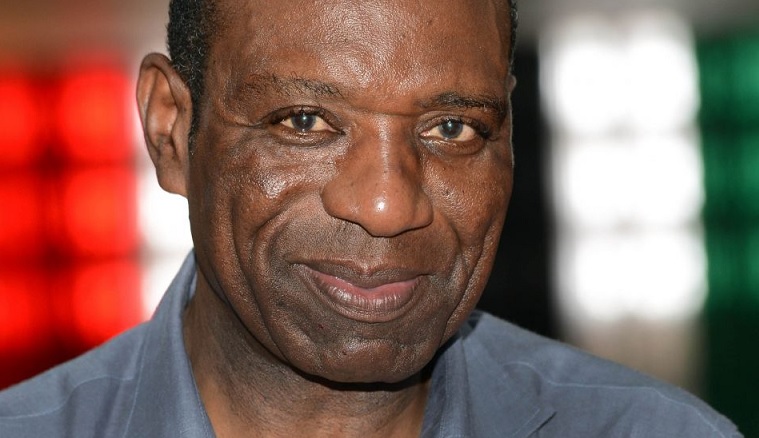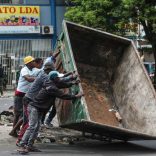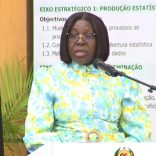Mozambique: Government wants forensic audit of last 10 years of LAM accounts
PM: Government working to restore trust with IMF, international partners

File photo / Mozambique's prime minister Carlos Agostinho do Rosário
The Mozambican government is working to restore the trust of the International Monetary Fund (IMF), and of the country’s other international partners, following the crisis sparked off by over a billion dollars worth of government guaranteed loans that had not been disclosed to the IMF, let alone to the Mozambican public, Prime Minister Carlos Agostinho dos Rosario has assured businesses in the northern province of Niassa.
The loans, from the banks Credit Suisse and VTB of Russia, were contracted by the quasi-public companies Proinducus and Mozambique Asset Management (MAM) in 2013-14, and were guaranteed by the previous government, headed by President Armando Guebuza. The government guarantees for these loans, plus the bond issue of 850 million dollars for the Mozambique Tuna Company (EMATUM), which was already in the public domain, added 20 per cent to the country’s foreign debt.
When the Proindicus and MAM loans became public in April this year, the IMF reacted by suspending the second instalment of a loan under the Fund’s Standby Credit Facility (SCF). The World Bank and the 13 other donors and funding agencies who provide direct support to the Mozambican budget state budget suspended all further disbursements.
According to a report in Monday’s issue of the independent newssheet “Mediafax”, Rosario told his audience that an IMF mission will visit Mozambique in September or October.
“We have agreed steps to be taken to re-establish trust”, he said, “and the indications we have is that everything is in hand to achieve this”. When the IMF mission arrives, it will discuss “the next steps” with the government.
An IMF mission was in Maputo in June, and insisted that there should be an international audit to ascertain exactly what had happened to all the money lent to Ematum, Proindicus and MAM. So far there is no sign of such an audit, although the Mozambican Attorney-General’s Office has announced that the three loans are under investigation.
The Niassa businesses called on the government to establish a “Special Economic Zone” (ZEE) for the province, in order to attract investment and stimulate the development of Niassa.
The key problem Niassa faces is transport. Consumer goods reach Niassa by road, and it can cost 280,000 to 300,000 meticais (about 4,225 US dollars, at current exchange rates) to hire a truck carrying goods from Maputo to the Niassa provincial capital of Lichinga, which is why goods tend to be more expensive in Niassa than in other provinces.
Rosario assured his audience that the government is working to complete the rebuilding of the branch railway that connects Lichinga to the northern rail corridor running from the port of Nacala to Malawi. Once the railway is operational, the transport costs for goods going to and from Lichinga shoul













Leave a Reply
Be the First to Comment!
You must be logged in to post a comment.
You must be logged in to post a comment.